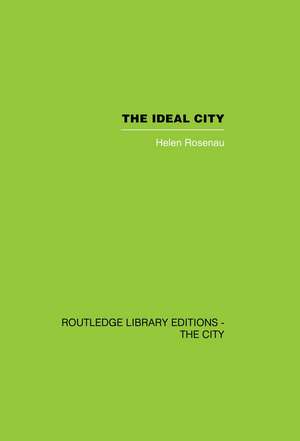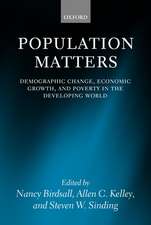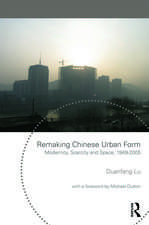The Ideal City: Its Architectural Evolution in Europe: Routledge Library Editions: The City
Autor Helen Rosenauen Limba Engleză Hardback – 21 dec 2006
Rosenau traces the progress of the concept from biblical sources through the hellenistic and Roman empires to the Renaissance and the later Age of Enlightenment, when the emphasis shifted from religious to social considerations. She goes on to discuss the resultant nineteenth-century ideal planning, when the idea of social betterment was approached with a specific and conscious effort.
This book was first published in 1983.
| Toate formatele și edițiile | Preț | Express |
|---|---|---|
| Paperback (1) | 443.09 lei 43-57 zile | |
| Taylor & Francis – 9 iul 2013 | 443.09 lei 43-57 zile | |
| Hardback (1) | 1543.89 lei 43-57 zile | |
| Taylor & Francis – 21 dec 2006 | 1543.89 lei 43-57 zile |
Preț: 1543.89 lei
Preț vechi: 1882.80 lei
-18% Nou
Puncte Express: 2316
Preț estimativ în valută:
295.52€ • 321.10$ • 248.39£
295.52€ • 321.10$ • 248.39£
Carte tipărită la comandă
Livrare economică 21 aprilie-05 mai
Preluare comenzi: 021 569.72.76
Specificații
ISBN-13: 9780415417792
ISBN-10: 0415417791
Pagini: 210
Dimensiuni: 156 x 234 x 18 mm
Greutate: 0.43 kg
Ediția:1
Editura: Taylor & Francis
Colecția Routledge
Seria Routledge Library Editions: The City
Locul publicării:Oxford, United Kingdom
ISBN-10: 0415417791
Pagini: 210
Dimensiuni: 156 x 234 x 18 mm
Greutate: 0.43 kg
Ediția:1
Editura: Taylor & Francis
Colecția Routledge
Seria Routledge Library Editions: The City
Locul publicării:Oxford, United Kingdom
Cuprins
Part 1: Introductory Survey 1. The ancient tradition 2. The Middle Ages 3. The Renaissance development and the Mannerist phase 4. The Age of the Baroque Part 2: Phases of Progress 5. Developments in France 6. The English contribution Part 3: Ambivalent Tendencies in the Nineteenth Century 7. Neo-classicism and Quatremere de Quincy 8. The utopian socialists and Futurism Conclusions
















